Visiting the World’s Oldest Colony
The first negative phone call I received as president and editor of Word&Way came early in 2017 just a couple months after I started. The individual expressed anger about an article we printed reporting on Puerto Rican Baptists criticizing Franklin Graham after the evangelist endorsed some of the anti-immigration policies of the new U.S. president, Donald Trump. Graham was set to hold an evangelistic rally on the island, but the local Baptist leaders decided to pull out of the event.
The reader complained about the piece, which was merely a news article about the controversy and didn’t opine about who was right (but, just to be clear, the correct side was the Puerto Rican Baptists). The caller insisted we should support Graham and that she didn’t care what people in other countries think.
I explained why we should listen to and learn from Christians in other countries, which is something Word&Way regularly provides. And I noted that Puerto Ricans are U.S. citizens, which apparently came as a bit of a surprise to the caller.
However, after visiting Puerto Rico last week for a meeting of the Baptist Peace Fellowship of North America (I serve on BPFNA’s board of directors), I also appreciate better the ways in which the island is both part of the U.S. and yet also not. That ambiguity is intentional, with the U.S. holding the island as an unincorporated territory. Such a status deprives the citizens there of many rights and opportunities.
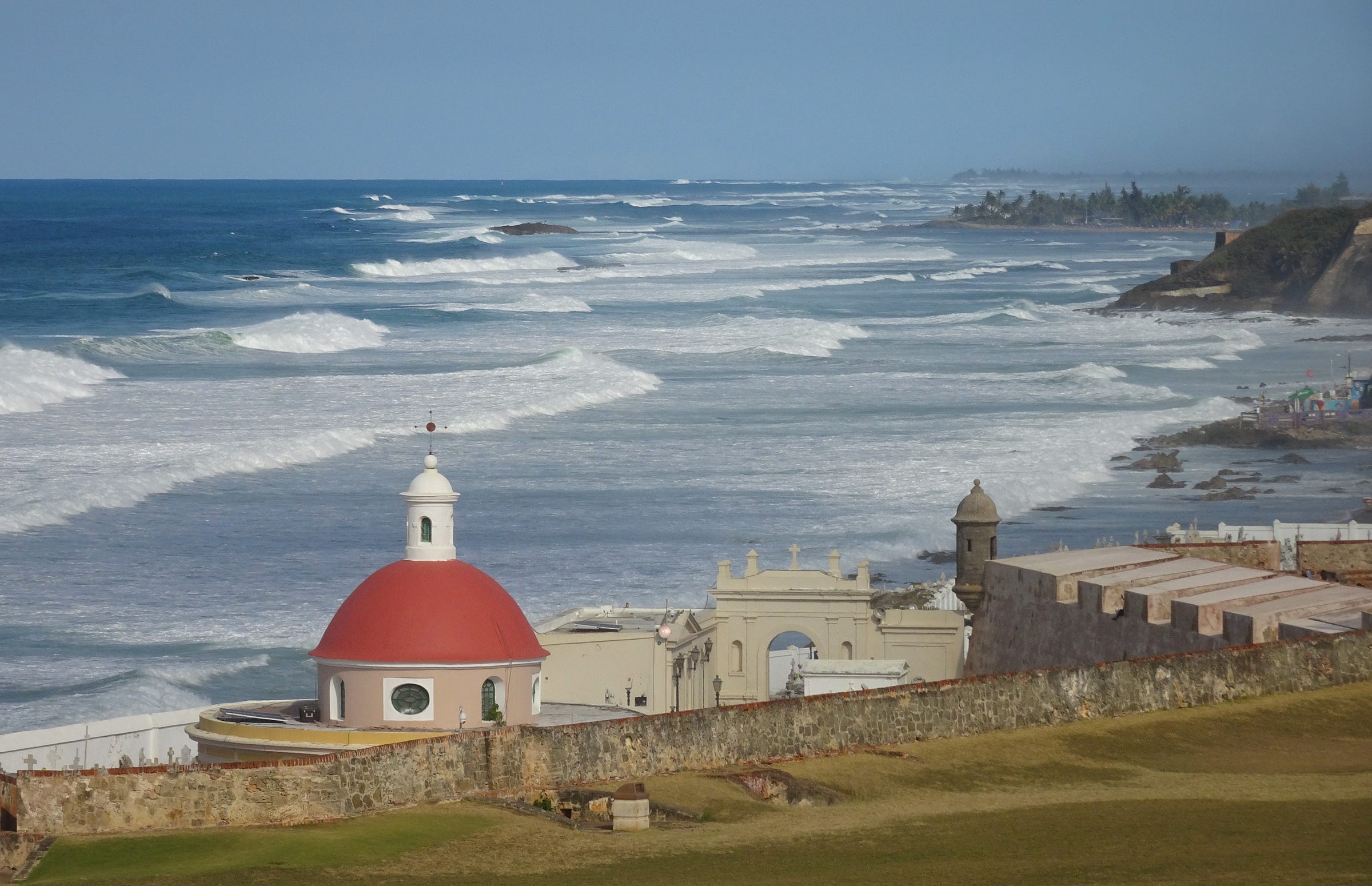
A 1901 U.S. Supreme Court decision ruled that the U.S. Constitution did not necessarily apply to residents of Puerto Rico (and therefore also in other such territories). That majority opinion was largely made up of the same justices who just five years earlier had ruled in Plessy v. Ferguson that racial segregation was constitutionally allowed (thus creating the alleged “separate but equal” doctrine to justify segregated inequality). While the Plessy decision was overturned by Brown v. Board of Education in 1954 and later decisions, the Downes v. Bidwell opinion governing territories remains in place.
The island was deemed in the ruling as “foreign to the United States in a domestic sense” and “belonging to the United States, but not a part of the United States.” The majority added that when the nation gains a new territory, there could be a reason not to apply the Constitution: “If those possessions are inhabited by alien races, differing from us in religion, customs, laws, methods of taxation, and modes of thought, the administration of government and justice, according to Anglo-Saxon principles, may for a time be impossible.” In short, the justices didn’t want to give constitutional rights to Puerto Ricans because they weren’t White.
“The United States presents itself as an anti-colonialism country, but the truth is that they have territories and colonies,” explained Luis Calderon Reyes, a Puerto Rican board member of BPFNA. “Puerto Rico is a colony.”
Thus, many on the island today note they are U.S. citizens but not Americans. The nationality they claim is Puerto Rican. BPFNA leans into this with its mission to work “in four member nations: Canada, the United States, Mexico, and Puerto Rico” (along with peacemakers around the world).
The status of Puerto Rico impacts the daily life of those living on the island where the population is greater than in 20 states. But those of us in the States are able to largely forget about our largest colony — other than when a hurricane strikes or some new show gains popularity (like West Side Story or Hamilton). Even in those moments, the island and its people can remain in our minds as foreign in a domestic sense, allowing us to stay comfortable with the actions of what the justices in the Downes case called “the American empire.”
This issue of A Public Witness takes you on a trip to Puerto Rico to explore the development of this separate and unequal system of justice and economics, hear from Puerto Ricans about the impact of colonialization today, and consider the complicity of Christian churches.
Empire State
In 1492, Christopher Columbus sailed the ocean blue. On his second journey the next year, he landed on the island the indigenous Taíno people called Borikén. Columbus, in true colonizing fashion, renamed it San Juan Bautista after John the baptizer. Today, the capital city carries that name but the island is known as Puerto Rico.
The indigenous population was decimated by murder and disease, and suffered from enslavement and other abuses by the Spanish who set themselves up as rulers. The Spanish built military forts to protect their power and wealth, fighting back Dutch and British invading forces and local uprisings. The Atlantic slave trade brought Africans to toil in the sun to grow crops like sugar and coffee.
The conquistadors created a hell on earth for others as they sought a paradise for themselves.
Then came the Spanish-American War in 1898. After years of rumors of war and preparations for it, the U.S. declared war after the USS Maine exploded and sank in the harbor of Havana, Cuba — another of Spain’s colonies. Debates continue to this day about whether the explosion was an attack, an internal accident, or a false flag operation by the United States. But regardless, U.S. politicians, media outlets, and the general public quickly blamed the Spanish and took up the cry of war.
The two nations struggling for global power fought in the Caribbean and the Pacific Oceans until the U.S.’s dominant victory less than four months later. As a result, the U.S. in 1899 took control of Spain’s colonies of Puerto Rico, Guam, and the Philippines. The U.S. gave also Cuba a form of independence (though with restrictions on the new nation and with control over a naval base at Guantánamo Bay).
The war largely marked the end of the Spanish Empire, with the nation selling its last Pacific colonies to Germany the next year. But it marked the rise of the American Empire. The U.S. held onto the Philippines until 1946 (except when the Japanese took control during World War II), but keeps Puerto Rico and Guam to this day as territories belonging to the U.S. but not actually a part of the nation. For Puerto Rico, it meant the flag flying over the nation changed, but not its status as a colony.
“Puerto Rico is the world’s longest-held colony. … Its history is emblematic of how a dark side of colonizer behavior has always tainted America’s founding story — its noble declaration of independence from a colonial power,” explained journalist Ed Morales in his book Fantasy Island: Colonialism, Exploitation, and the Betrayal of Puerto Rico. “With its lack of full citizenship rights, colonial underdevelopment, and history of racialization and neglect, Puerto Rico represents the living, breathing bodies of oppressed peoples trying to find a path to freedom that was denied centuries ago when the United States and Latin America secured their freedom from European colonization.”
“The United States has been really good at concealing its empire,” Jessica Vazquez Torres, a Puerto Rican who works for Crossroads Antiracism Organizing and Training, told me while we were there. “And part of that concealment has meant that we don’t understand in 2023 how the conditions of Puerto Rico — the economic instability, the economic bankruptcy, the cryptocurrency takeover, the massive displacement of people — are in direct relationship to decisions made by the United States, beginning in 1899 to the present. And made under every kind of president, so there isn’t a Republican or Democratic issue.”
“What we’ve done is we’ve created colonial holdings that we refuse to call colonialism, and have created people that are fundamentally less than second-class citizens because if you live here as a U.S. citizen, you don’t get to have any representation and yet you get to die for this country if recruited to do so,” she added.
Luis Calderon Reyes, a Puerto Rican board member for BPFNA, similarly pointed to the lack of representation in Congress or other parts of the U.S. government “even though we are U.S. citizens.”
“We feel like second or third-class citizens,” he explained. “There’s a saying in Puerto Rico that if it rains in the U.S., there’s a storm in Puerto Rico. So what that means is that any crisis — for example, the housing crisis in the U.S. or inflation — everything that happens in the States, it’s inherited into Puerto Rico three or four times worse.”
He pointed to a number of examples, including the migration of public health professionals who can make significantly more in the States because of a demand for bilingual people, the U.S. government’s control over the island’s budgets and spending priorities, the massive debt accumulated in ways most Puerto Ricans believe was unconstitutional, and U.S. rules barring imports into the island from other nations which results in significantly higher prices for products.
These rules and restrictions add up. The median household income in Puerto Rico is just $21,000, significantly below the U.S. average of $66,000 and even well below the worst state (Mississippi at $46,000). The residents rooted with generations of history watch as the ocean disappears behind massive beachfront hotels in gentrified neighborhoods designed to create a luxurious experience for wealthier tourists (for the record, last week we stayed at a dorm-style Franciscan center in a modest neighborhood several miles from the ocean).
Puerto Ricans are proud of their beautiful home and their diverse people. But they are tired of being overlooked and overburdened by U.S. leaders.
Christian Complicity
When Columbus embarked on his second voyage, the one that took him to modern-day Puerto Rico, he did so with a new mission. Pope Alexander VI had issued edicts that “gave” to Spain some newly-discovered lands that didn’t already have a Christian prince. From the beginning of the colonization of Puerto Rico, Christianity helped fill the sails.
Catholicism from the Spanish days remains the dominant religious tradition on the island. But the Protestantism that came, largely imported from the States, has also at times added to the problems.
When President Donald Trump visited the island after Hurricane Maria in 2017 and upset locals by tossing rolls of paper towels into a crowd, he did so while in an English-language evangelical church that is part of the Calvary Chapel movement based in California (and started by the guy played by Kelsey Grammer in the new Jesus Revolution movie). Just as many see the paper towel moment as emblematic of the inability of Trump (or the U.S. government) to sympathize with Puerto Ricans, it could also symbolize an approach to faith that tosses in some quick fixes instead of addressing the systemic problems.
“The Christianity from the United States that was brought here has been incredibly instrumental to facilitate that colonialism,” Jessica Vazquez Torres told me. “The way the Christianity manifested here as a kind of upper-middle-class, middle-class centric faith had a lot to do with how you stratify the nation, how you suppress political voice.”
She noted that Christian missionaries did a lot of good, like building hospitals and schools. But they didn’t do that to emancipate the nation.
Luis Calderon Reyes similarly told me that the diversity of churches on the island is much like in the States: “We have conservative churches, more liberal churches, churches that are more involved in the political issues, and some that are more involved in the social issues.” And there is even political mobilizing there with a party “organized around Christian Nationalism” that hopes to “gain power” to legislate “ultra-conservative” policies. As in the States, churches can be found on various sides of the debates over the future and what society should look like.
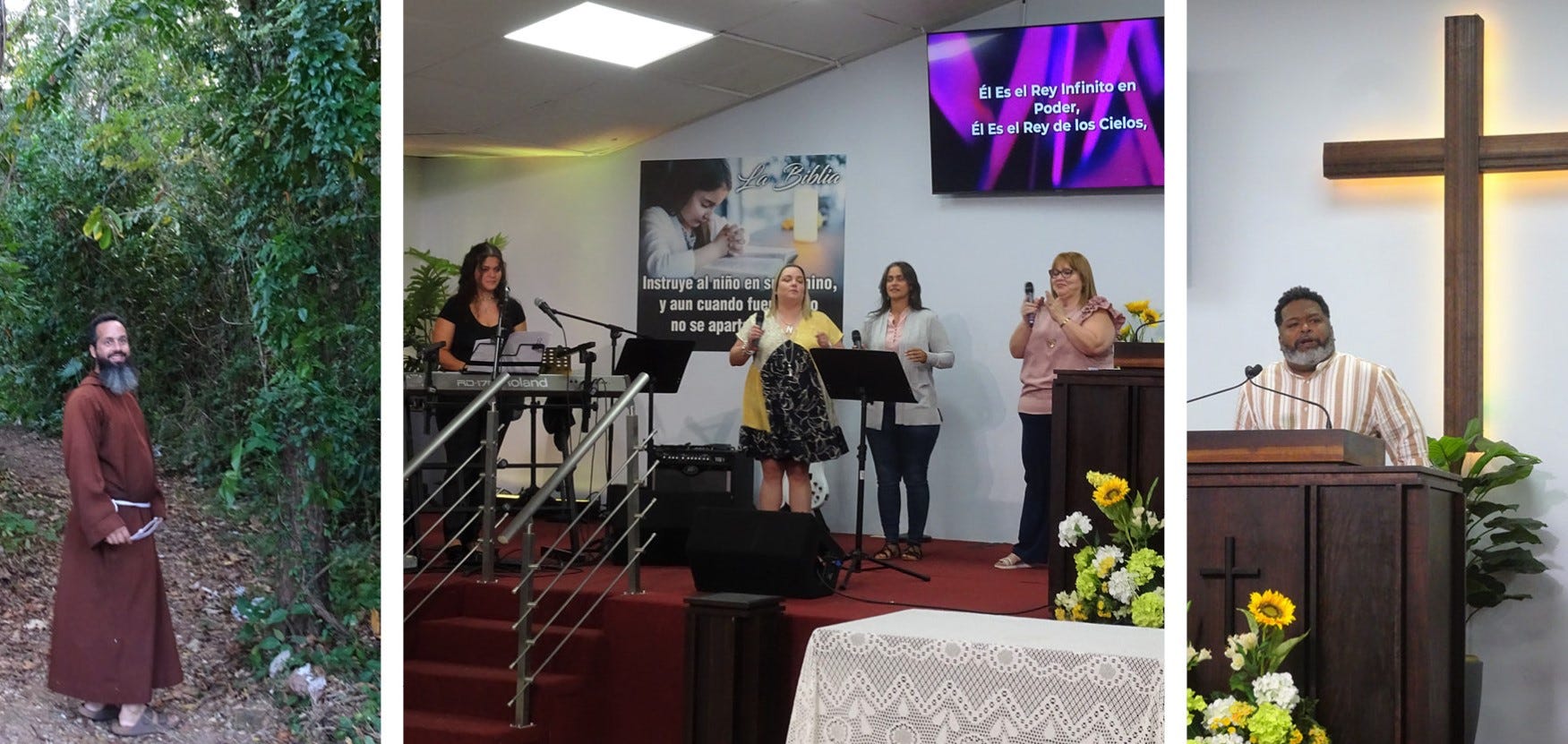
All of this should raise questions about what Christians can do beyond hosting politicians to throw paper tolls during a photo op. We must find ways of addressing and repairing the damage from centuries of Christian complicity with colonialism, and we should work toward significant political, economic, and legal changes for the betterment of Puerto Ricans today.
“Christians in the U.S. have a particular responsibility to advocate for the sovereignty of all of the nations the U.S. holds, Puerto Rico included,” Vazquez Torres said. “But to not just be like, ‘Okay, we’re leaving, good luck.’ But to advocate for a kind of reparative, emancipatory processes that actually repair the nations. Here, that would include repairing all of the ecological damage that the U.S. military left. It would involve repairing the ecological damage from pharmaceutical corporations. It would include repairing the health system that has been broken. It would include repairing the education system.”
These are our neighbors. We must not merely pass them by to get to a private hotel beach.
As a public witness,
Brian Kaylor




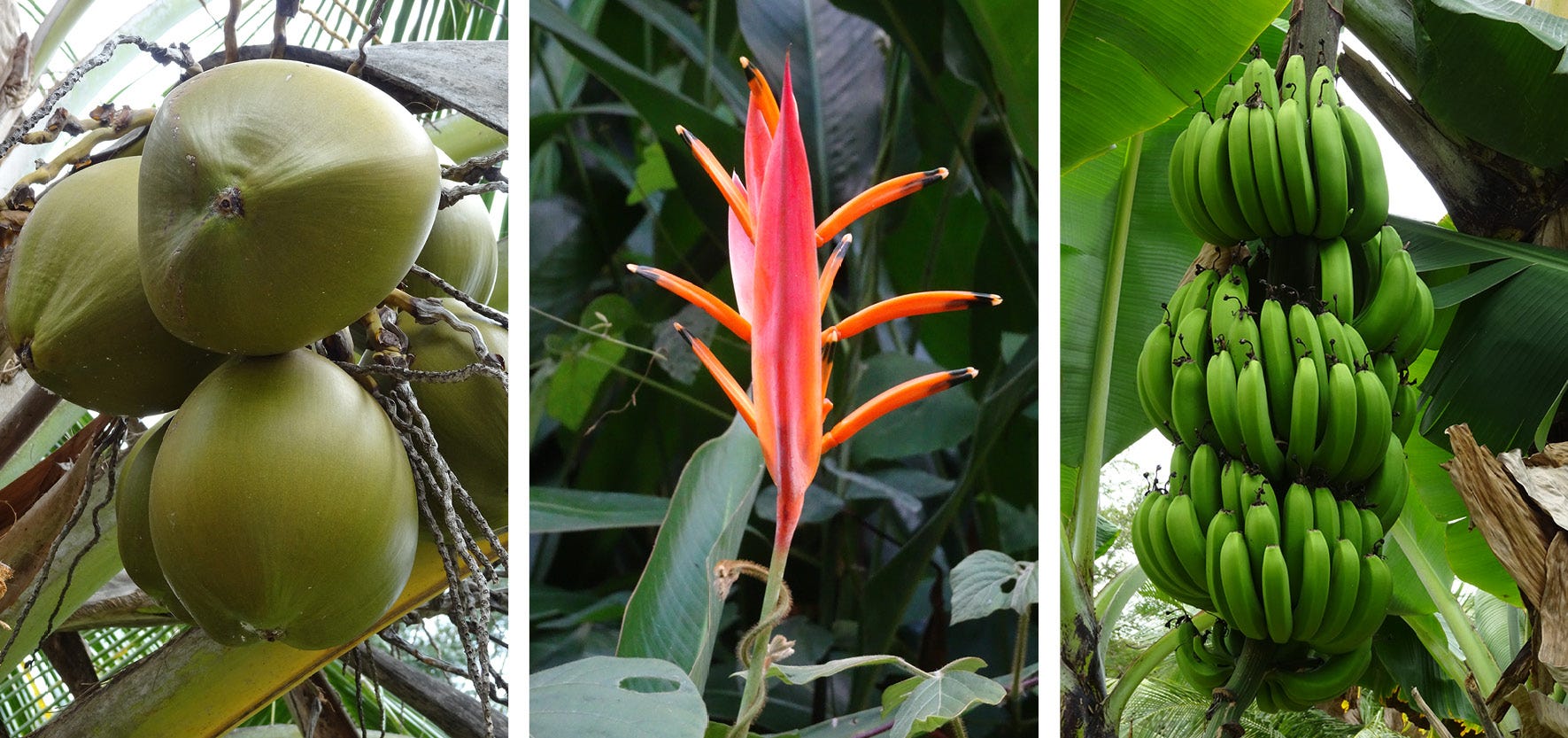
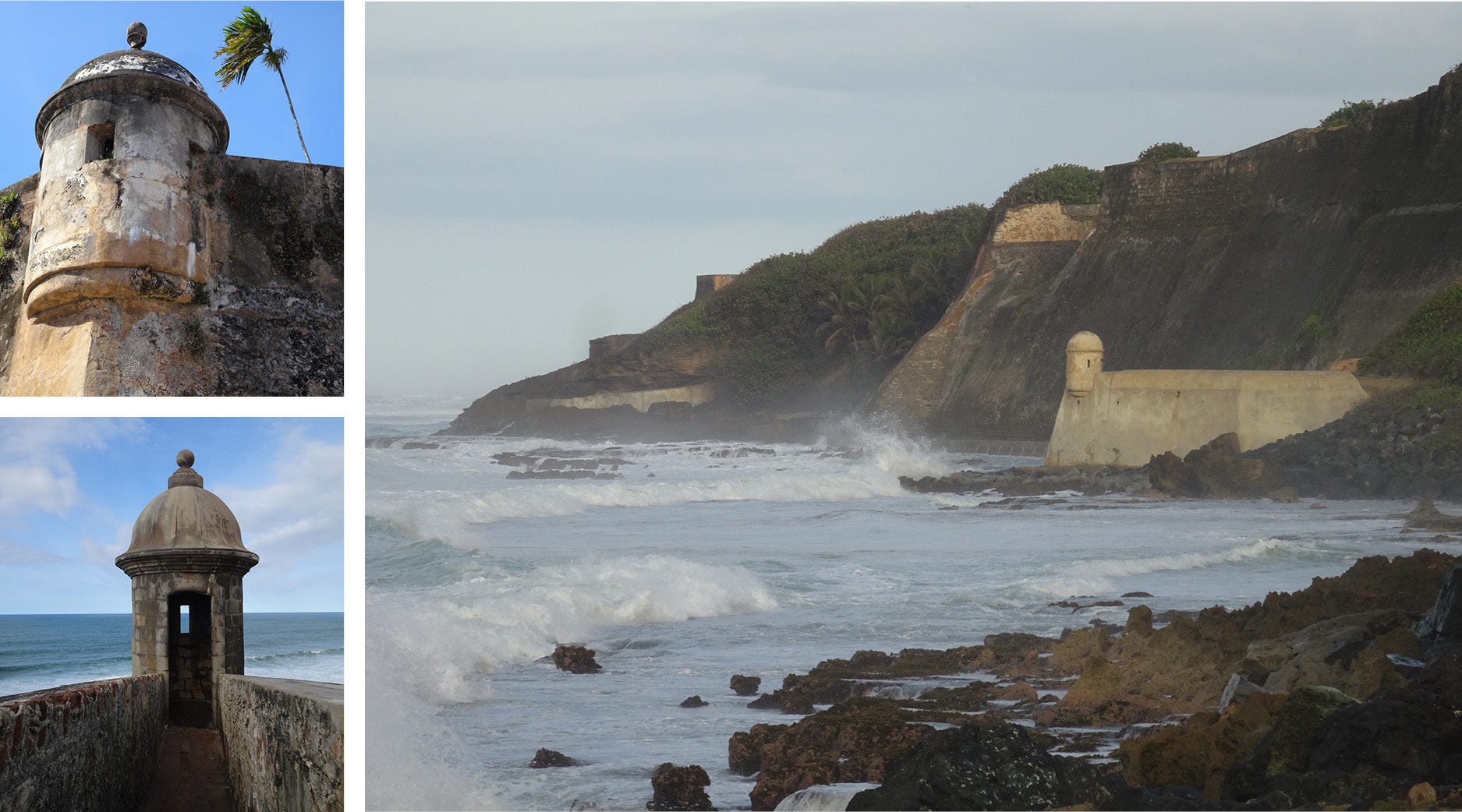
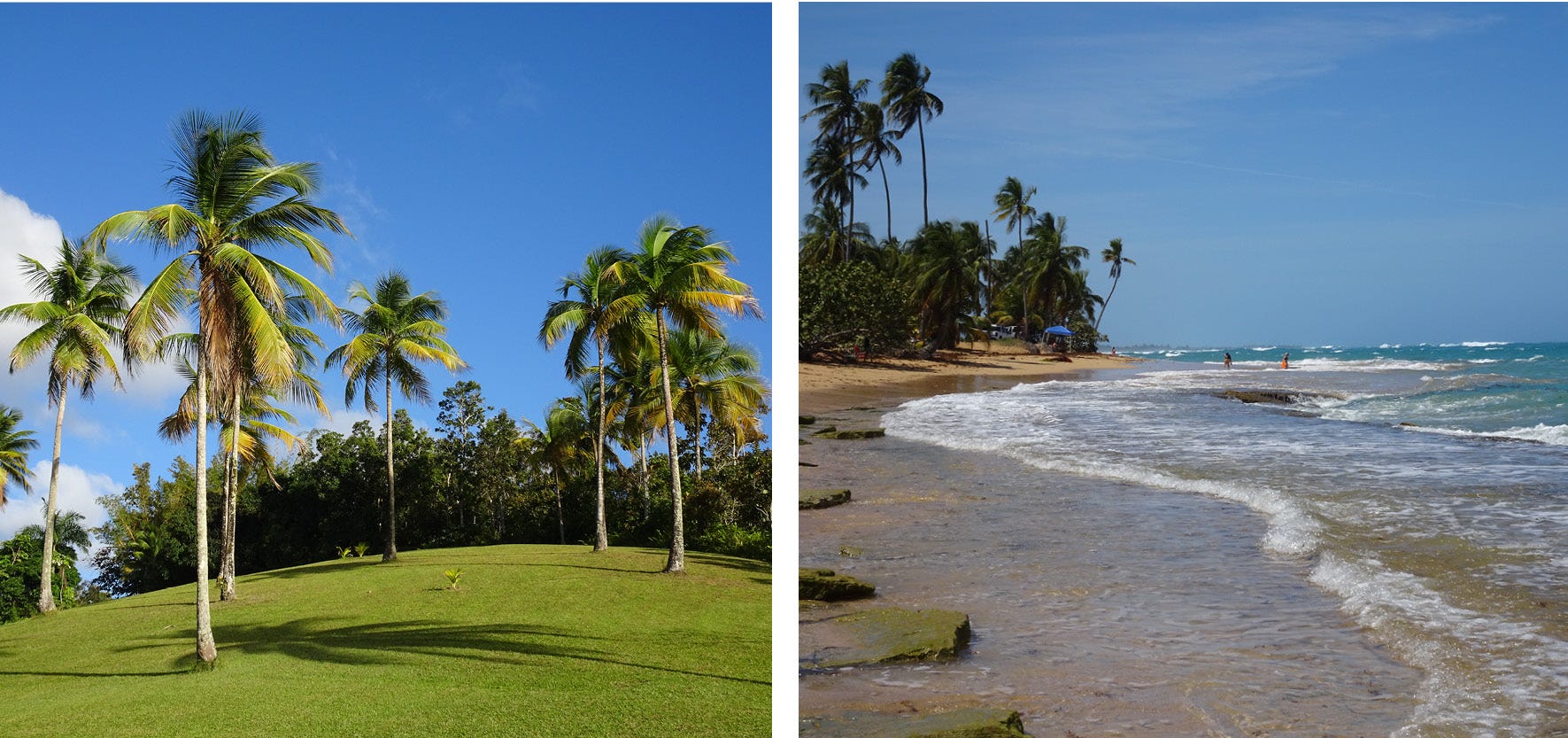
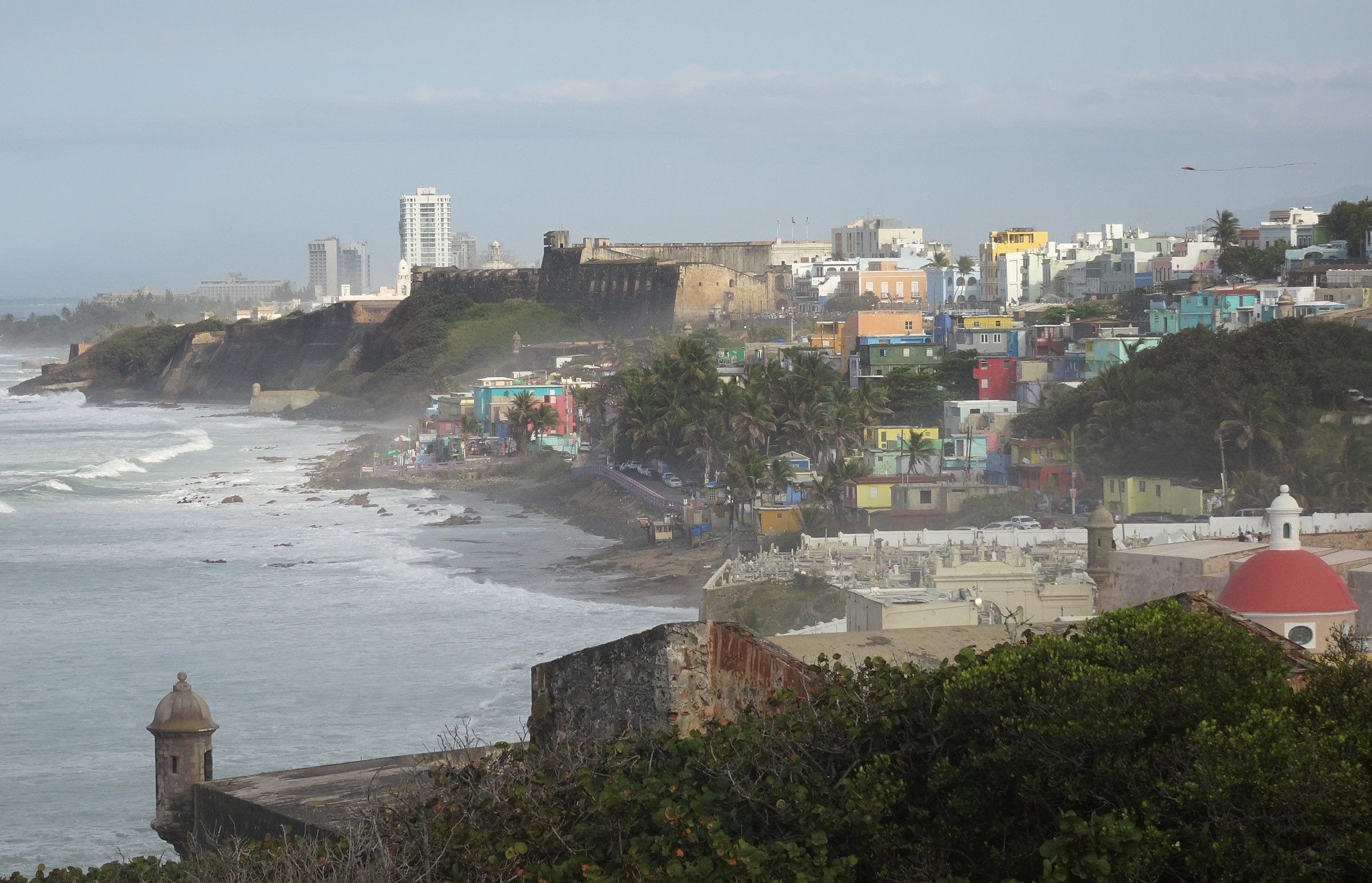
Educationally relevant to this post, I recommend that people read How to Hide an Empire, subtitle: a History of the Greater United States (Daniel Immerwahr) and America for Americans, subtitle: a History of Xenophobia in the United States (Erika Lee).
Regarding the issue of immigration, I'm working on an article about a Biblical response to immigration. We must learn to show compassion as Jesus taught us, while helping in a practical way that makes a difference.